
Some of our older readers might be aware of Joe Camel, the cool-looking mascot of Camel Cigarettes from 1987 up until 1997. He and the more iconic Marlboro Man were colorful characters that helped show off the glamour of smoking, and how it made you look cool, interesting, mysterious and more. They were good at it, so good that research showed that they were influencing children and turning people into lifelong smokers even before they were legally allowed to purchase cigarettes.
The public controversy, along with widespread news about the downsides of smoking led to a number of settlements between tobacco companies and the US government, among which included regulations on advertising tobacco products—regulations which effectively banned the use of Joe Camel and eventually took the Marlboro Man off the scene too.
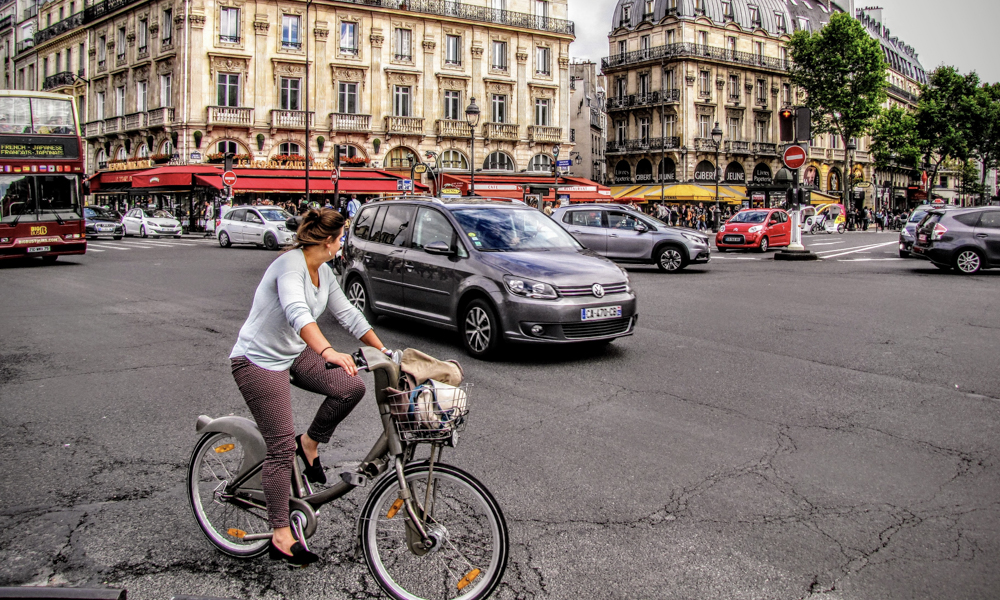
Cigarettes are obviously not the same as cars, but a new law in France seems to be working in the same vein. Beginning March 1 this year, all advertisements for cars in the country will be required to include sustainable transportation. Ads will be mandated to contain one of the following messages: “For short journeys, opt for walking or cycling,” “Think about carpooling” or “In everyday life, take public transport.” The country is betting that these little reminders could help change travel behavior, even in people looking to buy cars anyway.
The move has got many talking, but it’s not exactly out of the blue. By now, governments and marketers around the world have looked to behavioral science to see and apply low-cost messaging interventions that have high returns. In transportation policy, where you are trying to coordinate lots of peoples’ mobility choices to have good outcomes throughout the network, nudges can be particularly powerful. I heard of a city in Italy once that offered people public-transport passes when they first moved into a new apartment, because those kinds of people are already thinking about their travel options and are most open to new ideas. Those who are thinking about buying a new car are probably just the same way.
When you think about it, we all know that choosing more sustainable transportation is good, so what’s the harm in a little reminder? It certainly is stuff that even hardcore car guys concede is necessary. If you want to enjoy your car, isn’t it best when most people aren’t using theirs all the time? It’s also a far less intrusive regulation than some of the existing rules that apply to cigarette advertising where, in countries including the Philippines, packs and cartons must display a warning that they are dangerous, including graphical depictions of the most gruesome diseases brought on by smoking. While these regulations haven’t been enough to get everyone to stop smoking on their own, they at least get smokers to concede that smoking is bad, and get many to at least think about quitting sometime in the future.
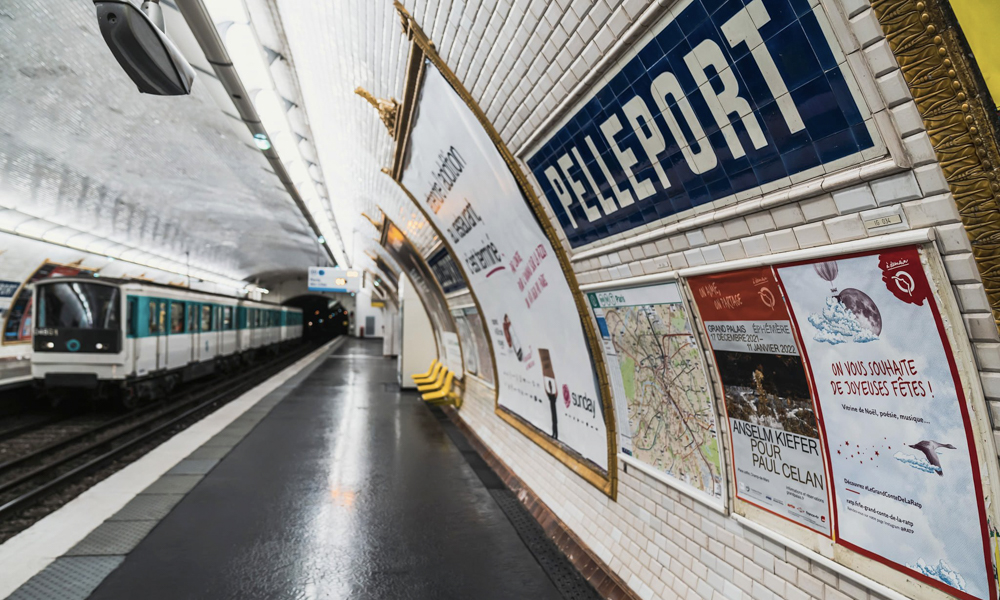
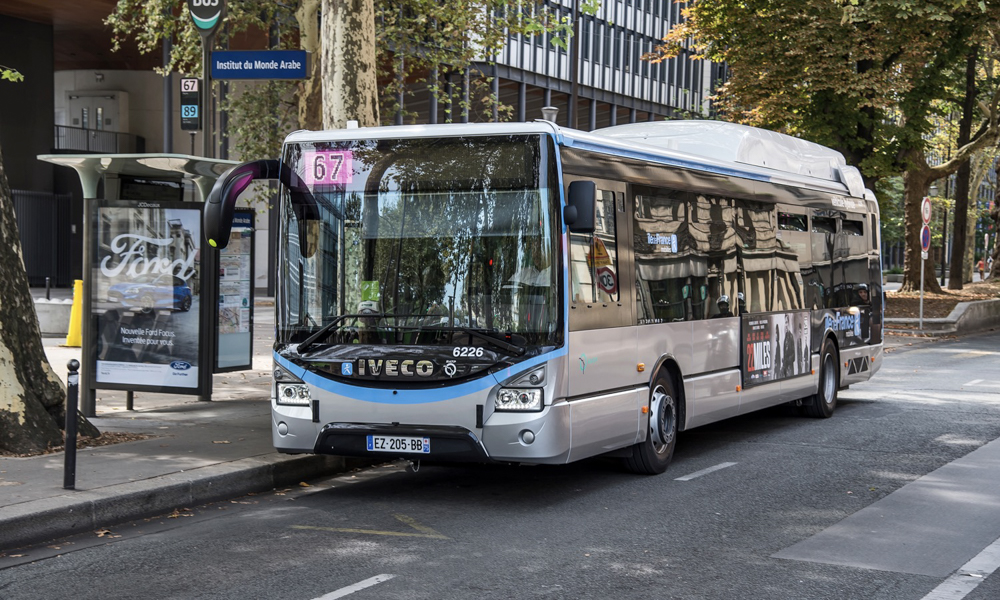
For all we love about automobiles and how they are engineering marvels that produce jobs, freedom, mobility and more, we can’t continue to ignore the downsides of having too much of a good thing. The evidence shows that too much car use leads to congestion, pollution, deaths, injuries and more. And no matter how much we love our cars, we hate those in front of us in Metro Manila traffic jams that stretch for hours and kilometers. At this point, the messages in France’s law are less propaganda than just simple reminders of geometric truth. Unless we start choosing better mobility options more often, no one will get to move at all.
Would a law like France’s help us out in the Philippines? Maybe if we reminded car owners here that other options existed, it would make an impact in helping our entire city move a little better. After all, it’s not nearly on the same gory level that we require cigarette ads to be, although some people might argue that yes, we should show the effects of car crashes and air pollution on peoples’ bodies. I think that argument may have some merit, but in the meantime, we definitely need to start reminding people of the choices they’re making and how to make them better. It’s the only way any of us will move forward.





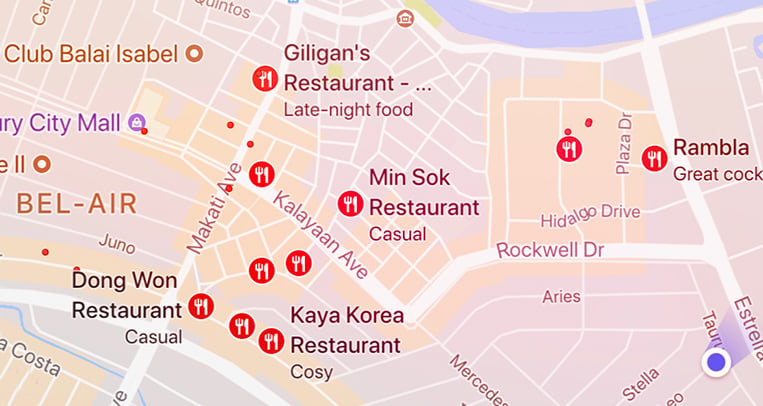

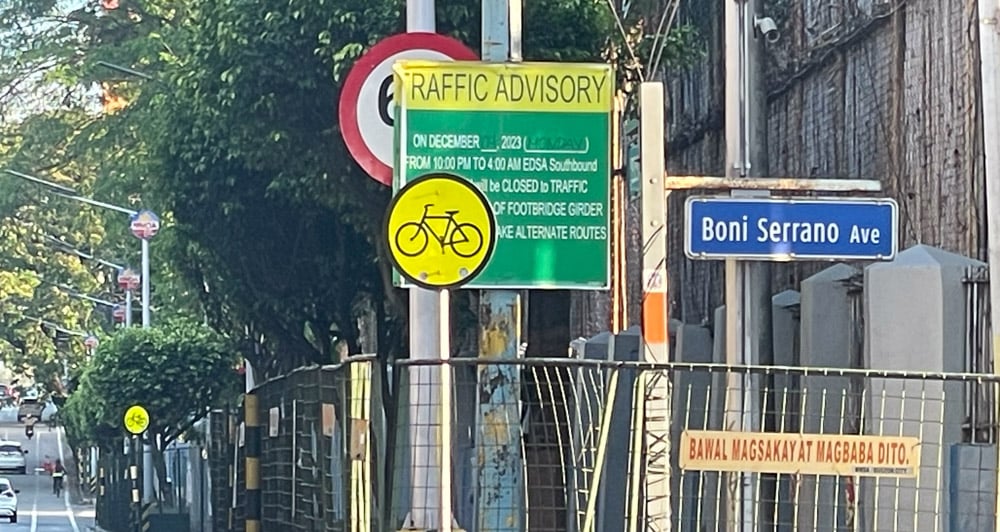

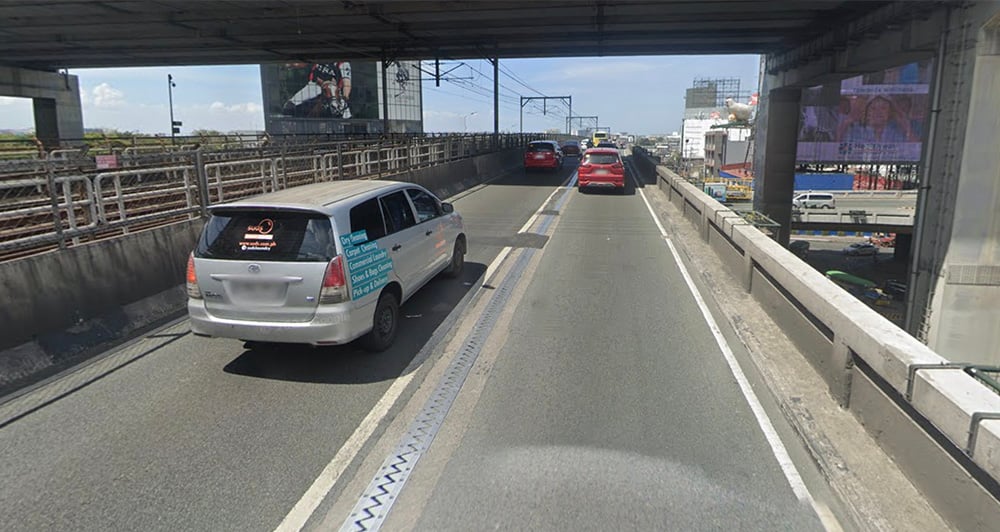
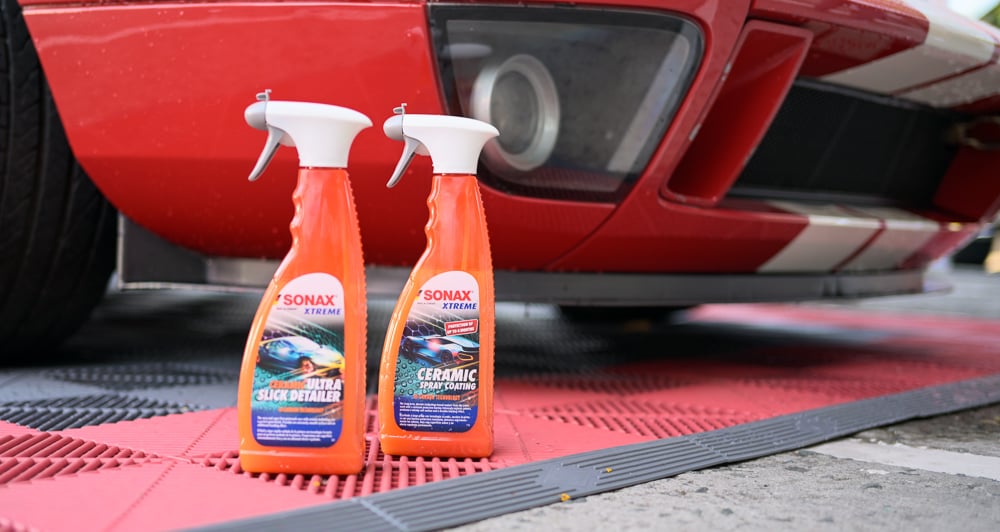
Comments